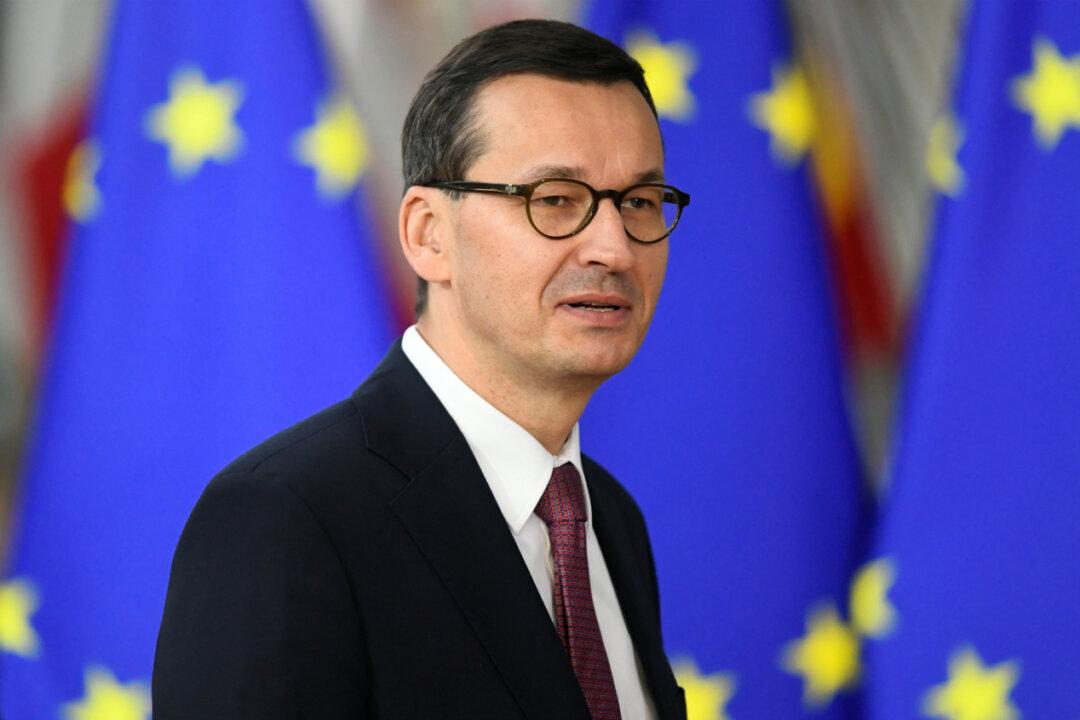Poland’s Prime Minister Mateusz Morawiecki said on Nov. 19, any moves to question the collective defense guarantee included in the NATO treaty were a threat to the future of the European Union and the military alliance.
Morawiecki outlined his proposed policies in a speech to parliament after his political party won the election in October. He and his cabinet then won the confidence vote getting a mandate to take power.





